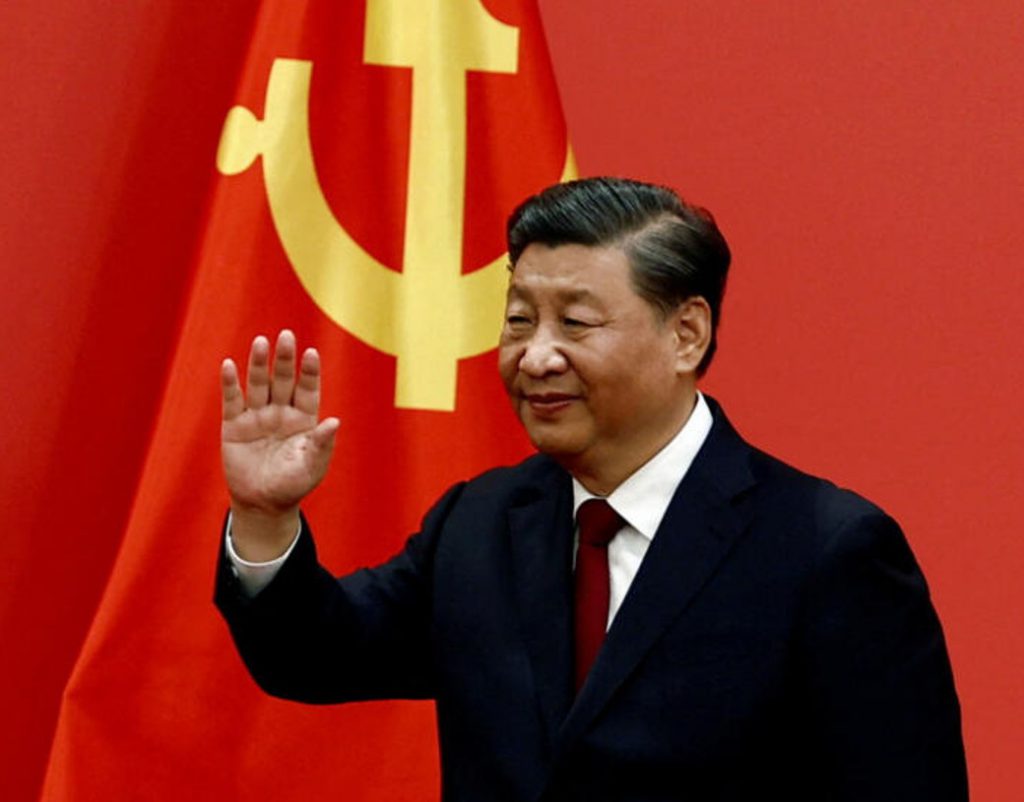The oil domain is currently experiencing a volatile state of affairs. The petrodollar has long collapsed, with countries vying for a local currency narrative to transact deals in.
In the middle of this, the concept of Petroyuan is gaining momentum in the market as Saudi Arabia is interested in transacting oil-related deals in the Yuan. Will Petroyuan be able to replace Petrodollar in the long haul?
Also Read: Gold Prices Moving Toward $2,950: Analyst Explains
The Rise of Petroyuan


As per the latest report by SCMP, Bandar Al Khorayef, Saudi Arabian Monster of Oil and Mineral Resources, has shared how the region is open to experimentation with China. This includes transacting crude oil deals in Yuan instead of dollars to usher in a new wave of change.
The Middle Eastern region looks forward to diversifying its proceedings by incorporating Chinese products into multiple products. This includes EVs, the C919 passenger jets, and renewable energy infrastructures.
“The Petroyuan is not substantial to [the ministry], and we believe Saudi Arabia will do what’s in its best interest… But I think Saudi Arabia will always try new things and is open to new ideas, and we try not to mix politics with commerce,” Khorayef said in an interview on Saturday in Hong Kong.
The rise of Petroyuan is dubbed China’s next big step in its quest to dominate global market dynamics. China has been trying hard to derail the US dollar by presenting many Yuan use cases, with crude oil being one of the nation’s prime focus.
Also Read: UK’s Landmark Crypto Bill: A Game-Changer for Bitcoin Holders
Yuan Is Growing At A Rapid Pace
The use of Petroyuan in crude oil dynamics is not surprising due to Yuan’s growing global popularity. Russia, a region that has received severe US sanctions, has deployed the use of Yuan in all its transactions to evade US sanctions. As a result, Russia’s GDP has grown exponentially, increasing up to 33% in the process.
Oil Prices Shaky Due To Demand And Supply Deficit
Oil prices have hit their lowest levels since 2021, with Brent oil falling 4% to $68.99. At the same time, supply and demand issues are also creeping up. The development is primarily spurred by the slowdown in the Chinese economy, which is adding more pressure to the prices.
Such vast, heavyweight changes in the Chinese economy may also prompt the region to internationalize the Yuan, disguising it as Petroyuan to bolster its valuation.
Also Read: US Debt Crisis Deepens: Interest On Payments Surges To $3B Per Day








